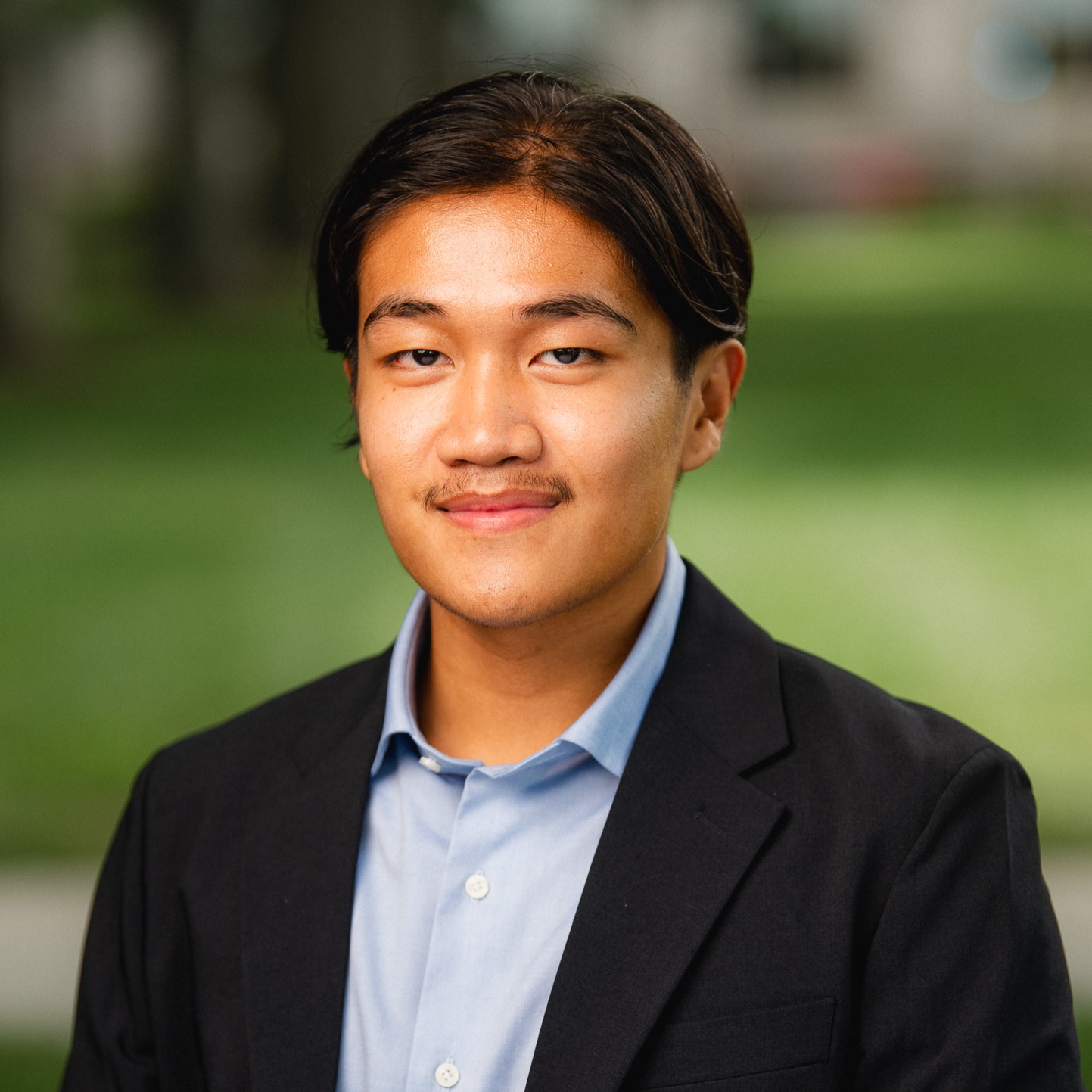Edrian Paul Liao

MIT Department: Media Arts and Sciences
Faculty Mentor: Prof. Danielle Wood
Research Supervisor: Sharif Islam
Undergraduate Institution: Duke University
Hometown: Cauayan City, Isabela, Philippines
Website: Intern’s Website, LinkedIn
Biography
Ed Liao is pursuing a double major in Electrical Engineering and Computer Science with a concentration in Machine Learning and Artificial Intelligence at Duke University on a full ride. Growing up in the rural areas of the Philippines, he aims to leverage AI and remote sensing to accelerate sustainability in the Global South. Thus, his research focuses on using geospatial data and applying computer vision, machine learning, and statistical techniques to improve climate monitoring and adaptation strategies. At MIT, he works with Prof. Danielle Wood to find potential correlations between the severity of agricultural drought and socioeconomic vulnerabilities in Angola. Moreover, Ed plans to be more active in narrating stories of people who have been historically discounted from the topic of climate change. By developing a website containing relevant data and media, he covered environmental injustices experienced by his community back home. He also loves to sing, run, and play volleyball.
Abstract
Socioeconomic Vulnerability-Drought Severity (SV-DS) Index for
Angola’s Drought Decision Support System
Edrian Liao1, Sharif Islam2 and Danielle Wood2,3
1Department of Electrical and Computer Engineering, Duke University
2Program in Media Arts and Sciences, Massachusetts Institute of Technology
3Department of Aeronautics and Astronautics, Massachusetts Institute of Technology
Due to the worsened cycles of flooding and dry spells in Angola and its heavy reliance on rainfed agriculture, the country faces serious issues such as food insecurity and livelihood decline. With limited resources, stakeholders and policymakers must identify the most vulnerable areas that require immediate action. However, it is still unclear what areas are experiencing the brunt of agricultural drought and possess the least amount of adaptive capacity. Hence, this study proposes an index that captures both the severity of agricultural drought and the socioeconomic vulnerability of 161 municipalities in Angola. We compute the drought severity (DS) index using root-zone soil moisture (RZSM) data obtained from the Soil Moisture Active Passive (SMAP) satellite (2015-2023) and the U.S. Drought Monitor (USDM) classification system. From 18 socioeconomic vulnerability indicators, we also compute the socioeconomic vulnerability index (SVI) using weights derived from local expert surveys. We then multiply both indices to generate the Socioeconomic Vulnerability-Drought Severity (SV-DS) index. This index will be used to create maps that will show high-risk areas needing immediate action and low-risk areas that can afford to wait. Moreover, we expect further statistical tests to provide insights into significant associations between socioeconomic vulnerability indicators and soil moisture content.